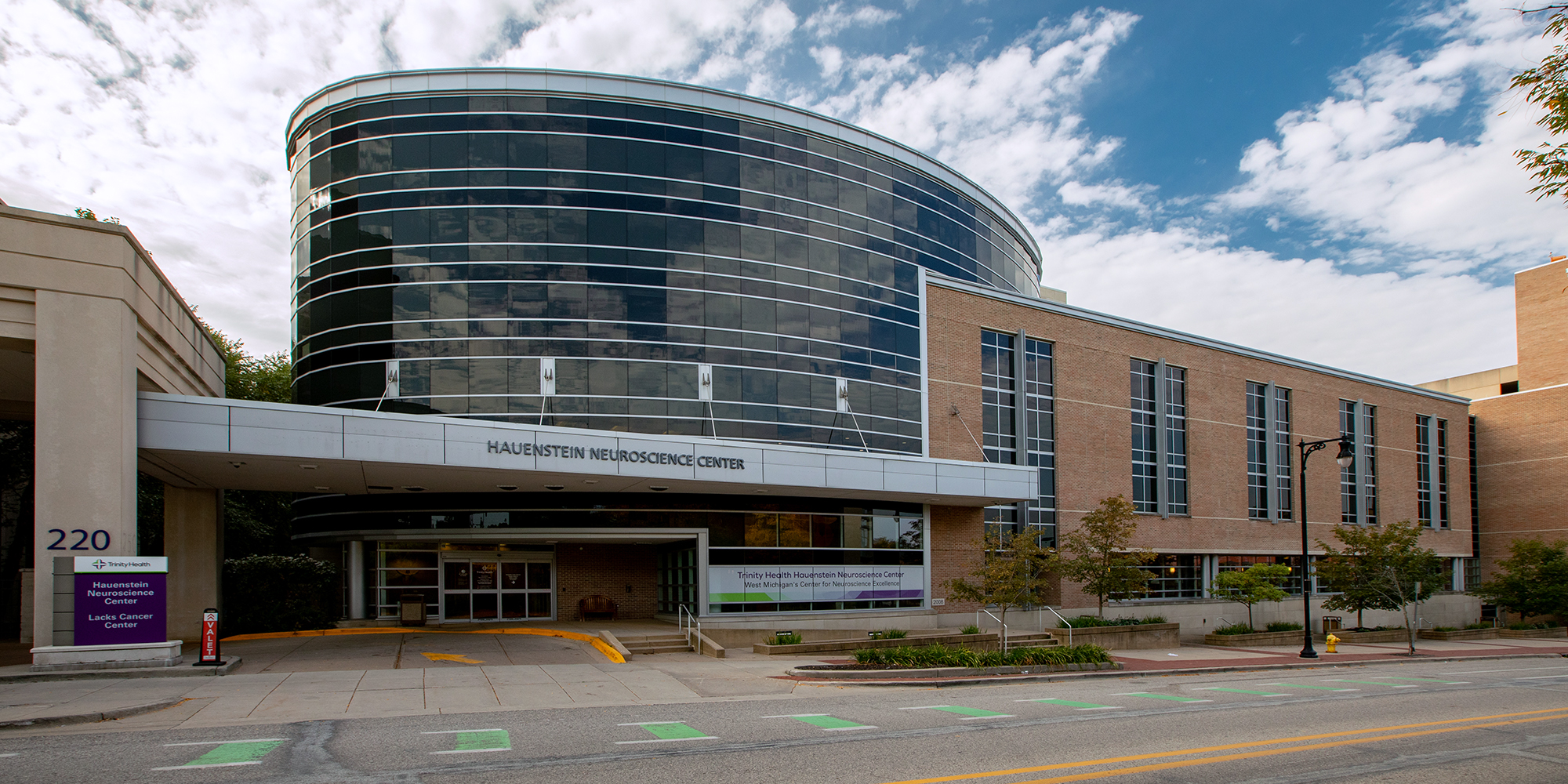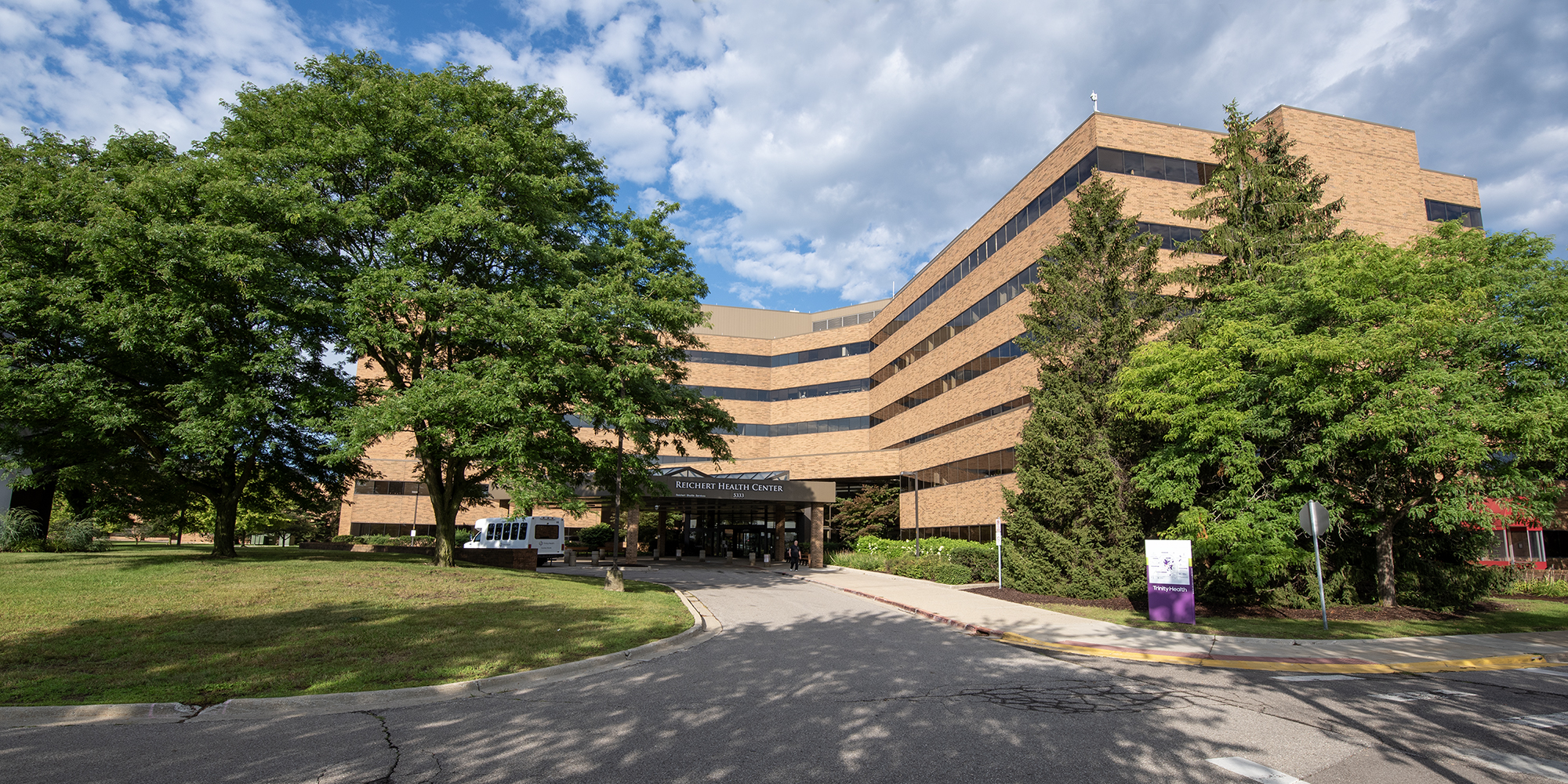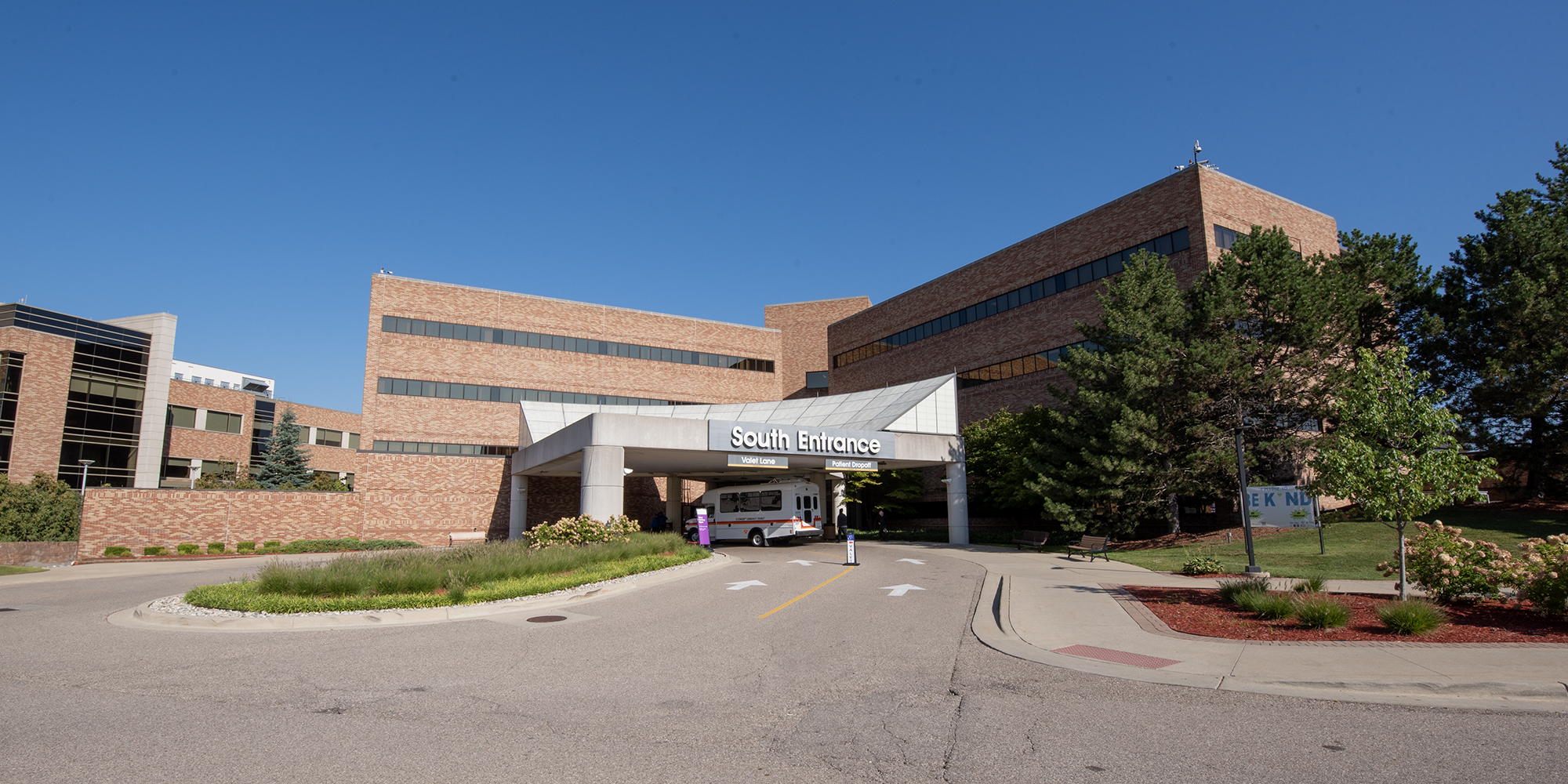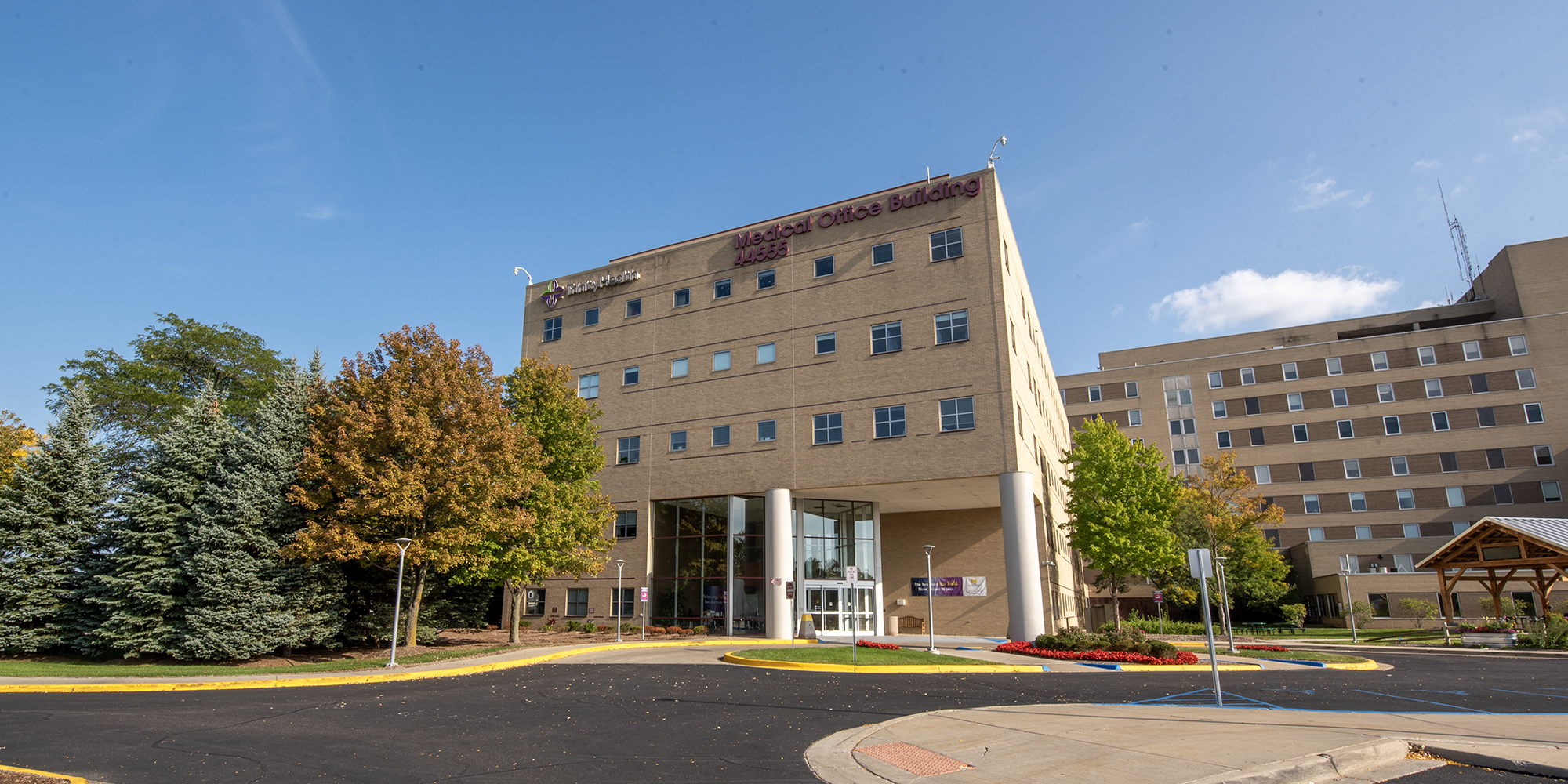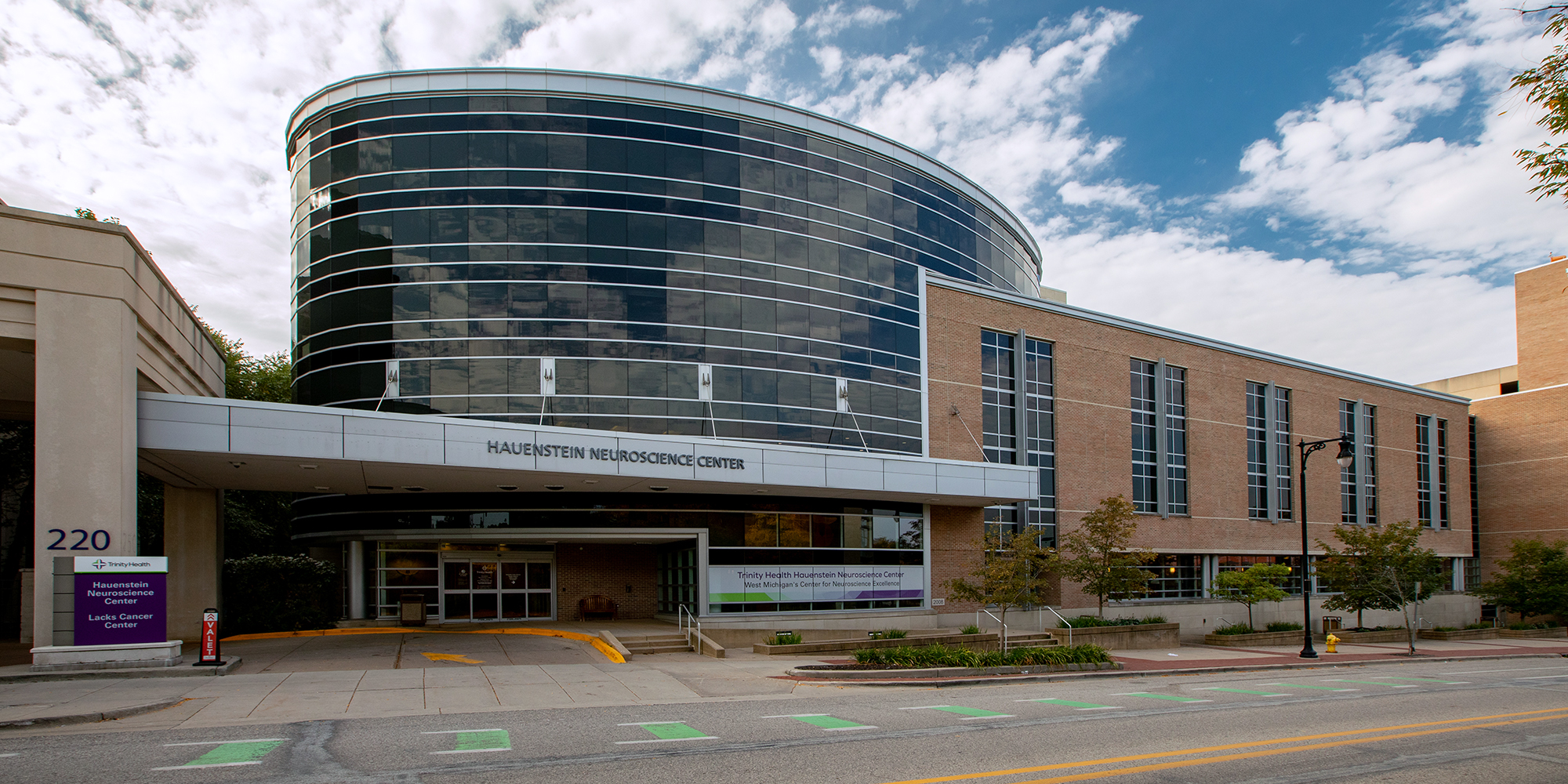Neurodiagnostics
At Trinity Health Michigan, exceptional care starts with an accurate diagnosis from trusted experts. You have access to nearly any nerve or brain test, making it easier to receive the neurological care you need, close to home.
We offer advanced diagnostic options and our experience treating rare and complex conditions leads to accurate test results.

Find a Doctor
Talk to your doctor if you think neurodiagnostics may be helpful.
Don't have a physician? Find a Trinity Health Michigan doctor today.
Find a DoctorOur Locations
Neurodiagnostic Testing: Why Choose Us?
Neurodiagnostic testing helps us determine the cause of brain, spine and nerve condition symptoms. We regularly treat patients with common and complex issues, so you can count on us for excellent care.
We start by getting to know you, then recommending appropriate tests and explaining what to expect. Our expertise leads to efficient care that gets to the source of the issue as quickly as possible.
Types of Neurodiagnostic Testing We Offer
Neurodiagnostic services available through Trinity Health Michigan include:
Epilepsy Testing
Testing is one of the many seizure disorder services available through our nationally recognized epilepsy programs. We offer outpatient and multi-day inpatient tests to determine precisely where brain seizure activity starts. Get more information about epilepsy services.
When inpatient seizure monitoring is necessary, you have access to facilities with the latest equipment and specially trained staff. Some of our inpatient epilepsy monitoring units maintain ABRET® accreditation, a sign of high-quality diagnostic services.
Epilepsy testing may include:
- Electroencephalogram (EEG) to measure electrical impulses in the brain.
- Imaging studies, including MRI. We also offer advanced imaging studies, such as positron emission tomography (PET) and single photon emission computed tomography (SPECT) scans.
- Video-EEG monitoring to pinpoint the precise location of where seizures start. We deliver this type of test in inpatient epilepsy monitoring units. It enables us to assess brain activity and physical symptoms during seizures.
- fMRI test to determine whether seizures begin in areas of the brain controlling language and memory
Imaging Studies
We offer standard imaging studies, such as CT scans and MRIs. For complex neurological disorders, evaluations may include advanced testing, such as:
- DaTscan™, which uses an imaging test and special drug to assess nerve cells that control movement. DaTscan helps us determine whether abnormal movements (essential tremor) are due to Parkinson’s disease.
- Electromyogram (EMG) to assess muscle weakness by measuring response to electrical stimulation. Our EMG lab is accredited with exemplary status by the American Association of Neuromuscular and Electrodiagnostic Medicine (AANEM).
- Functional MRI, to show which areas of the brain control critical functions, such as breathing and talking.
- Magnetic resonance (MR) spectroscopy, to show chemical changes in brain tissue that can occur with stroke, epilepsy and tumors.
- Nerve conduction studies, which help us evaluate how well nerve signals travel to your muscles.
- PET scan, which uses low levels of a radioactive substance and special dye to assess tissue and organ function.
- SPECT scan, which is like a PET scan but uses a different camera type that makes it easier to pinpoint specific tissue areas.
Neuro-ophthalmology
Ophthalmologists with training in neurology deliver specialized care. They detect, diagnose and treat vision problems related to nervous system disorders, like stroke, Parkinson’s disease and multiple sclerosis. Neuro-ophthalmologists perform in-depth assessments on your eyes and parts of the nervous system that control them.
You may benefit from a neuro-ophthalmology assessment if you are experiencing sudden or changing symptoms, such as:
- Abnormal eye or eyelid movements
- Difficulty seeing out of certain areas of your eye
- Double vision
- Visual disturbances, such as flashes of light or halos
Neuropsychology Testing
Neuropsychologists are psychologists with additional training in how the brain controls cognitive and behavioral functioning. They assess the impact of neurological disorders on a person’s ability to think, reason, remember and more. We use this information to tailor therapies and support services that optimize quality of life.
Trinity Health Michigan is one of the few programs in the region that regularly uses neuropsychologists to optimize care. They provide valuable information that helps care teams diagnose patients experiencing atypical symptoms. Neuropsychologists also track changes that occur over time, making it possible to detect the early signs of worsening conditions.
Learn more about neuropsychology services.
Sleep Studies
Disorders such as sleep apnea and sleepwalking require overnight testing in our sleep center. Some of our locations have nationally recognized sleep study facilities.
We provide a hotel-like atmosphere with private rooms that help you have a comfortable testing experience. Find out more about care for sleep disorders.
Sleep studies available at Trinity Health Michigan include:
- Multiple sleep latency test: Assesses how quickly you fall asleep in a quiet environment. You may need this test if you have excessive daytime sleepiness.
- Polysomnogram: Records brain activity, heart rate, breathing and movement while you are sleeping. We use this test to diagnose obstructive sleep apnea.
- Titration study: Adjusts CPAP or BiPAP settings to deliver enough airflow or oxygen to keep your airway open during sleep.
- Split-night sleep study: Delivers a polysomnogram and a titration study in one evening. If the polysomnogram confirms a sleep apnea diagnosis, we start you on a CPAP or BiPAP and adjust the settings.





